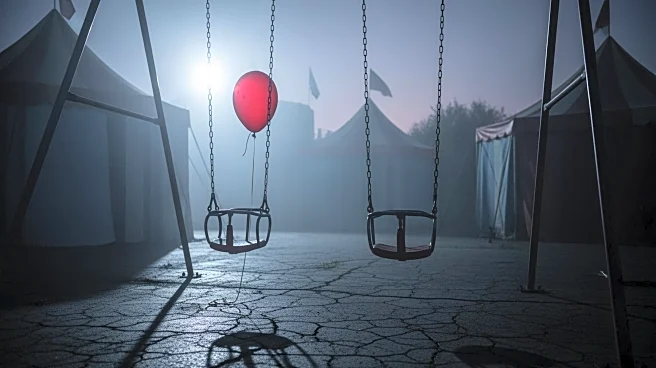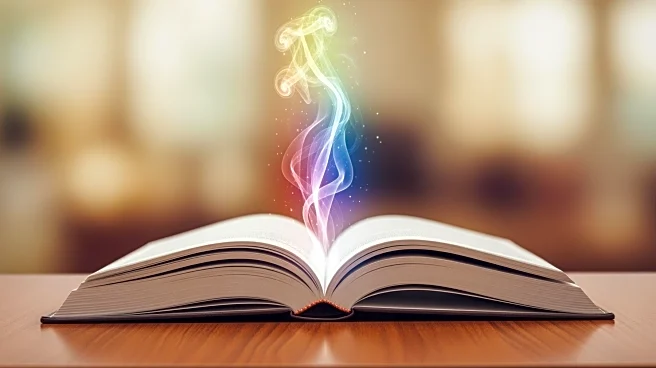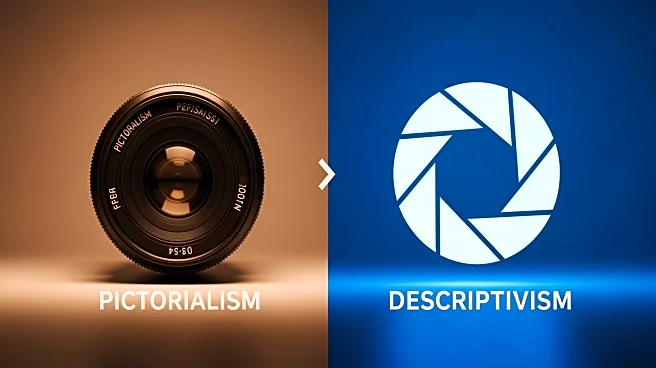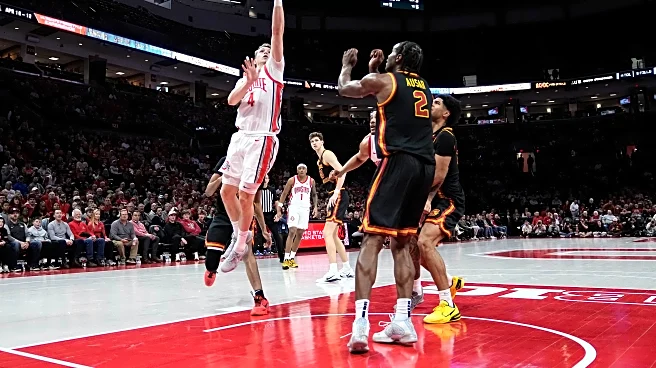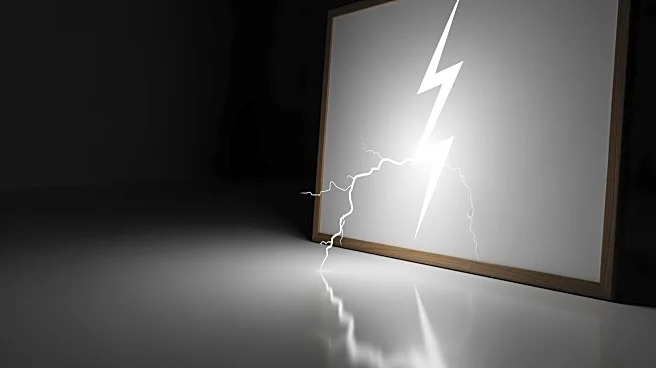What's Happening?
The fourth episode of HBO's 'It: Welcome to Derry' delves into the origins of Pennywise, the infamous entity from Stephen King's universe. The episode reveals the military's interest in harnessing Pennywise's power as a weapon, a storyline that intertwines
with the character Dick Hallorann's Shining abilities. Hallorann uses his powers to uncover the story of the Galloo, an ancient evil entity that crash-landed on Earth millions of years ago. The Indigenous people initially managed to confine the entity, but settlers inadvertently strengthened it, leading to its current threat. The episode sets the stage for potential military attempts to control Pennywise, promising further developments in the series.
Why It's Important?
The exploration of Pennywise's origins in 'It: Welcome to Derry' adds depth to the Stephen King universe, offering fans new insights into the lore surrounding the character. The military's interest in using Pennywise as a weapon raises ethical questions about the use of supernatural forces for strategic purposes. This storyline could influence public perception of military practices and supernatural narratives in media. The series' ambitious storytelling and expansion of King's original work highlight the evolving nature of horror entertainment and its impact on cultural discussions.
What's Next?
As the series progresses, viewers can expect further exploration of the military's plans to harness Pennywise's power. The potential consequences of these actions could lead to significant plot developments, including conflicts between characters and the entity's impact on the town of Derry. The show's direction may also prompt discussions among fans and critics about the ethical implications of using supernatural forces in warfare, influencing future horror narratives.
Beyond the Headlines
The series' portrayal of Indigenous lore and the military's interest in supernatural entities reflects broader cultural themes, including the exploitation of native knowledge and the ethical dilemmas of weaponizing supernatural forces. These elements may spark discussions about representation and the intersection of horror with real-world issues, contributing to ongoing debates in entertainment and society.
